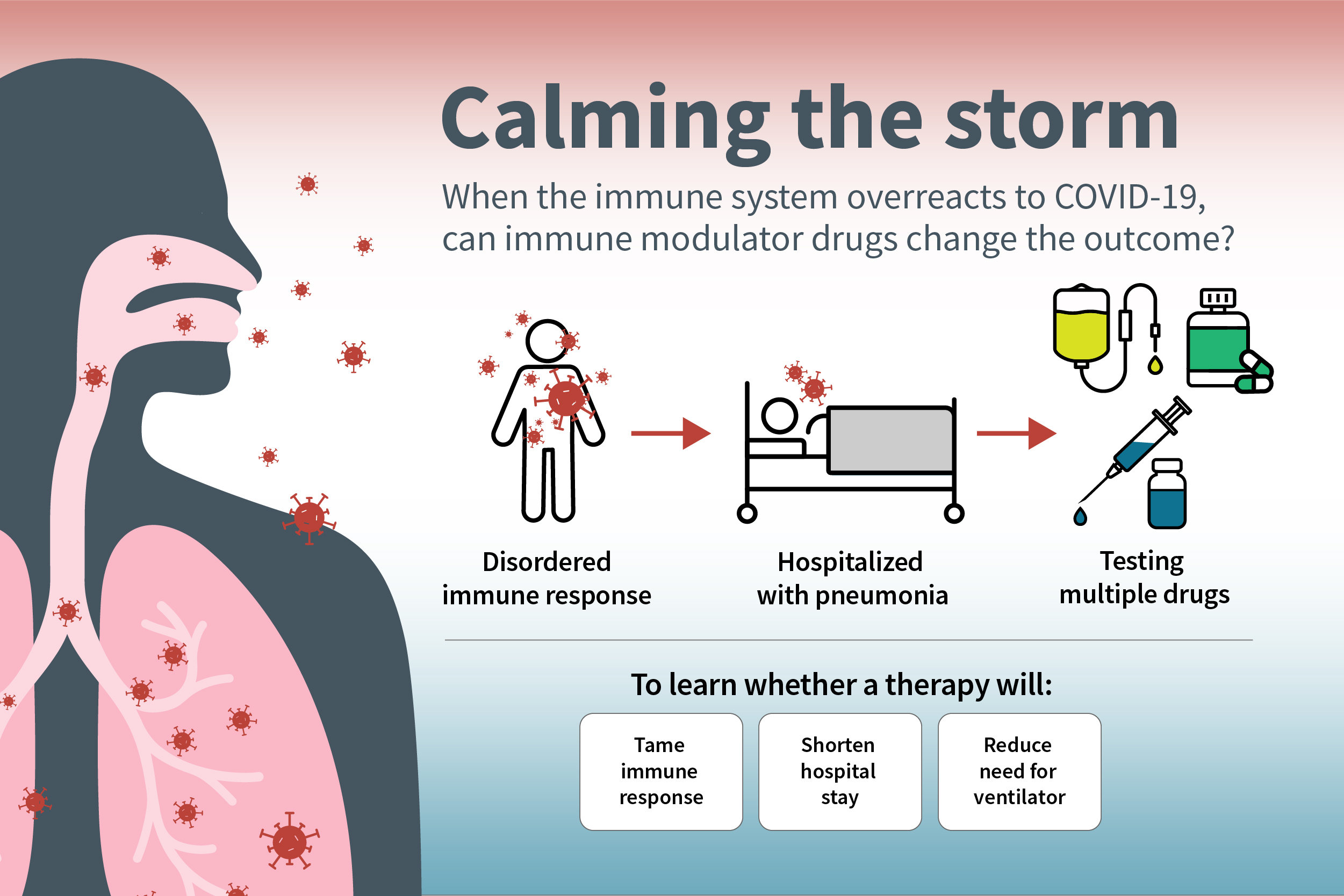
“From our experience with Delta, and now Omicron, we have seen, in our globally connected world, how swiftly and uncontrollably new variants spread’. But, more so, it is in their own national interest to pass the test,” he said, pointing out that low inoculation rates are a root cause of the mutation of COVID-19 into new variants. “Now is a time when nations claiming to respect and uplift human rights are being tested.

Only 0.8% of doses have been administered in low-income countries.ĭr Djibril Diallo, President & CEO of the African Renaissance and Diaspora Network Inc, told IPS Article 25 of the Universal Declaration on Human Rights, ratified in 1948, recognized that the right to health is a human right. Worldwide, says the New York Times, about 73% of shots that have gone into arms have been administered in high- and upper-middle-income countries, according to the Our World in Data project at the University of Oxford. Rallying around the unifying strength of the UN, he pointed out, “we need the urgent cooperation of vaccine manufacturers, vaccine-producing countries and countries that already have high vaccination rates to tackle the acute vaccine supply shortage.”ĭoing so will help to open-up economic and social opportunities across the (African) continent - boosting GDP and driving forward human development,” Steiner told a recent African Economic Conference in Cabo Verde. “Therefore, we must ensure vaccine equity which is the fastest way to end this pandemic”. “This represents around 103 million people in a continent of 1.3 billion.”Īchim Steiner, Administrator, UN Development Programme (UNDP), says that vaccines delayed is “development denied” for Africa. “Remember that we only have 8% - 8% - of people who have been fully vaccinated in this region,” he said, referring to Africa.

UNITED NATIONS, Dec 20 (IPS) - The 21-month-long corona virus pandemic has triggered three new phrases in the UN lexicon: “vaccine famine, vaccine apartheid and vaccine nationalism”.Īnd the largest number of victims facing the triple threats are from developing countries, mostly in Africa, as reflected in grim statistics.ĭr Richard Mihigo, coordinator for the WHO’s Immunization and Vaccines Development Programme in Africa, is quoted as saying that high-income countries are administering more booster doses than even vaccines that are being given in developing countries.


 0 kommentar(er)
0 kommentar(er)
